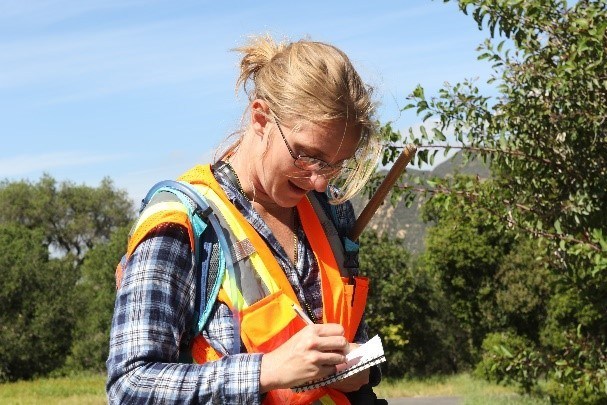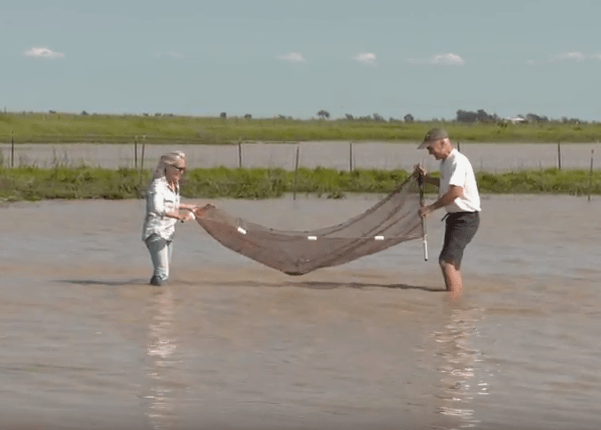
Los Angeles Regional Climate Assessment
For more than a decade, the State of California has undertaken periodic scientific assessments with the goal of understanding future climate change impacts on the state. For the first three…

For more than a decade, the State of California has undertaken periodic scientific assessments with the goal of understanding future climate change impacts on the state. For the first three…

“Nimble Foods for Climate Chaos” is a cross-disciplinary collaboration between environmental artist and NYU faculty member Marina Zurkow, Los Angeles chef duo Hank and Bean, and LENS faculty director Allison…

Planet Innovation is a podcast about business solutions to solve environmental problems. We bring uplifting conversations with scientists and entrepreneurs who are creating innovative solutions for the planet. This is…

In collaboration with the UC Riverside Macrosystems project, Dr. Jenny Hazlehurst is studying how different pollinator species, especially hummingbirds and bees, interact at shared floral resources. She uses DNA metabarcoding…

UC Natural Reserve System research has laid the foundation for conserving species across the state. A prime example: UCLA professor Brad Shaffer’s work on California tiger salamanders was instrumental in…

Maybellene Gamboa (Colorado State University) works on evolution and adaptation in Channel Island and mainland song sparrows in response to climate change to inform conservation management. She employs field and…

For the 2018-2019 academic year, the Corporate Partners Program focused on sustainability in supply chains. The kickoff event for this year’s CPP program took place on October 2. Panelists at…

The goal of the program is to enhance ebony stocks through community engagement while collecting crucial data to refine techniques for production and management.

Green Bundle The market for green products has expanded rapidly over the last decade, but most consumers need something more than eco-benefits to motivate their purchases. The Green Bundle, a…

As California moves forward with its aggressive agenda to decarbonize its energy system, care must be taken to assess the degree to which its pursuit of various energy system transformation pathways is likely to result in additional benefits for Californians. One extremely important category of benefits is the reduction of health risks that result from exposure to natural gas combustion by-products, both from appliances within homes and from grid scale generation stations.

Islands are challenged by managing solid and human waste. In many islands untreated human sewage is dumped directly into the ocean – with implications for human health, coral reefs, fisheries,…

Awardee: Camila Medeiros, PhD Student. Camila's project aims to quantify the vulnerability of woody plant species to drought in key ecosystem types of California and model species’ relative sensitivities to drought under future climate change scenarios.